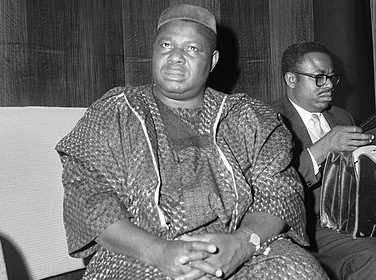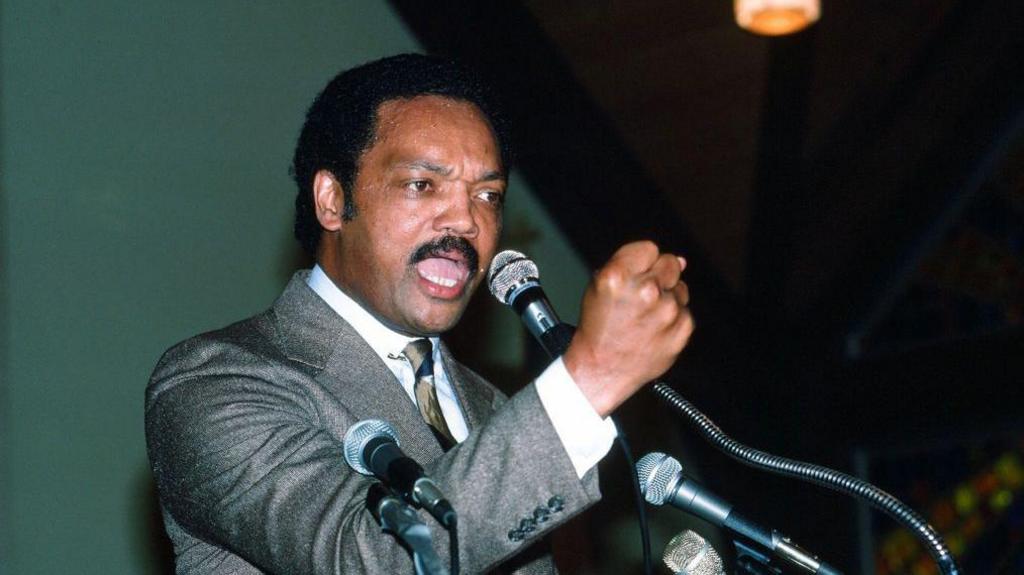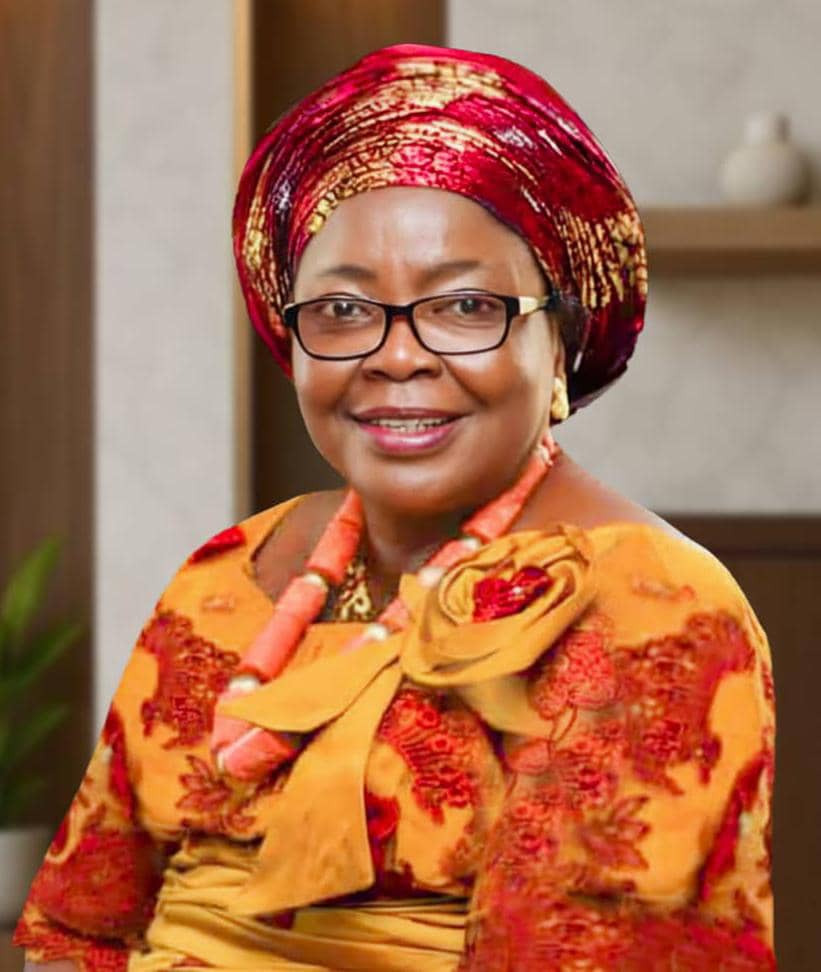CHIEF FESTUS OKOTIE-EBOH, Nigeria's First Finance Minister

Did you know that Chief Festus Okotie-Eboh was the finance minister of Nigeria from 1957 to 1966 during the administration of Sir Abubakar Tafawa Balewa?
Okotie-Eboh was born to an Itsekiri Chief, Prince Okotie Eboh in Warri Division, a town along the Benin River in Niger Delta in present-day Delta State. His mother, Ekayoda Ojegba was from the ethnic group of Urhobo in Okpe. He was assassinated along with Prime Minister Tafawa Balewa in the military coup of January 15, 1966, which terminated the Nigerian First Republic, and thus civilian rule.
Under the sponsorship and tutelage of Reverend Aghogin Omatsola of the First Baptist Church in the City of Sapele in Delta State, young Festus moved from his birthplace to that city. From 1932 to 1936, he attended Sapele Baptist School. Upon graduation, he clerked briefly in the Local District Office before returning to his alma mater as a teacher. After a brief period of teaching at his Alma Mater, he entered the Sapele Township Civil Service.
In 1937, he gained employment at Bata Shoe Company as an accounting clerk. While working as a clerk, he was also studying bookkeeping and accounting. In 1944, Bata transferred him to Lagos as a Chief Clerk and West Coast Accountant. He was in Lagos for a year before returning to Sapele to become Deputy Manager of the Sapele branch.
In 1947, he was sent to Prague, Czechoslovakia for further training where he obtained a diploma in business administration and chiropody. He left Bata Shoe to establish a timber and rubber business. He was involved in a rubber exporting business trading under the company name of Afro-Nigerian Export and Import Company. The firm exported ribbed smoked sheet rubber to Europe and North America.
In 1958, he opened a rubber-creping factory and later in 1963, he started Omimi Rubber and Canvas Shoe factory. He also started a few ventures with two foreign partners: Dizengoff and Coutinho Caro, the partners promoted Mid-West Cement Co, a cement clinker plant in Koko and Unameji Cabinet Works.
Okotie Eboh, with his wife, started a string of schools in Sapele. The first school was Sapele Boys Academy, followed with Zik's College of Commerce. In 1953, he started Sapele Academy Secondary School. In the 1940s and 1950s, Okotie Eboh was a board member of Warri Ports Advisory Committee, Sapele Township Advisory Board and Sapele Town Planning Authority.
In 1951, after some influence from Azikiwe, he contested for a seat and was elected to the Western Region House of Assembly. In 1954, he was elected treasurer of the N.C.N.C. and was successful as the party's candidate to represent Warri division in the House of Representatives. He was nominated as the Federal Minister of Labour and Welfare in January, 1955, and two years later, he was made Finance Minister.
Okotie-Eboh was one of the most successful Africans in business entrepreneurship; a transformative leader in Nigerian politics; an educator; philanthropist; the first African chiropodist; and was popularly regarded as one of the most flamboyant politicians of his era in Africa. He was known for showcasing Itsekiri traditional attire in a colorful flowing robe with a train several yards long carried by an aide.
#penglobalpersonality



